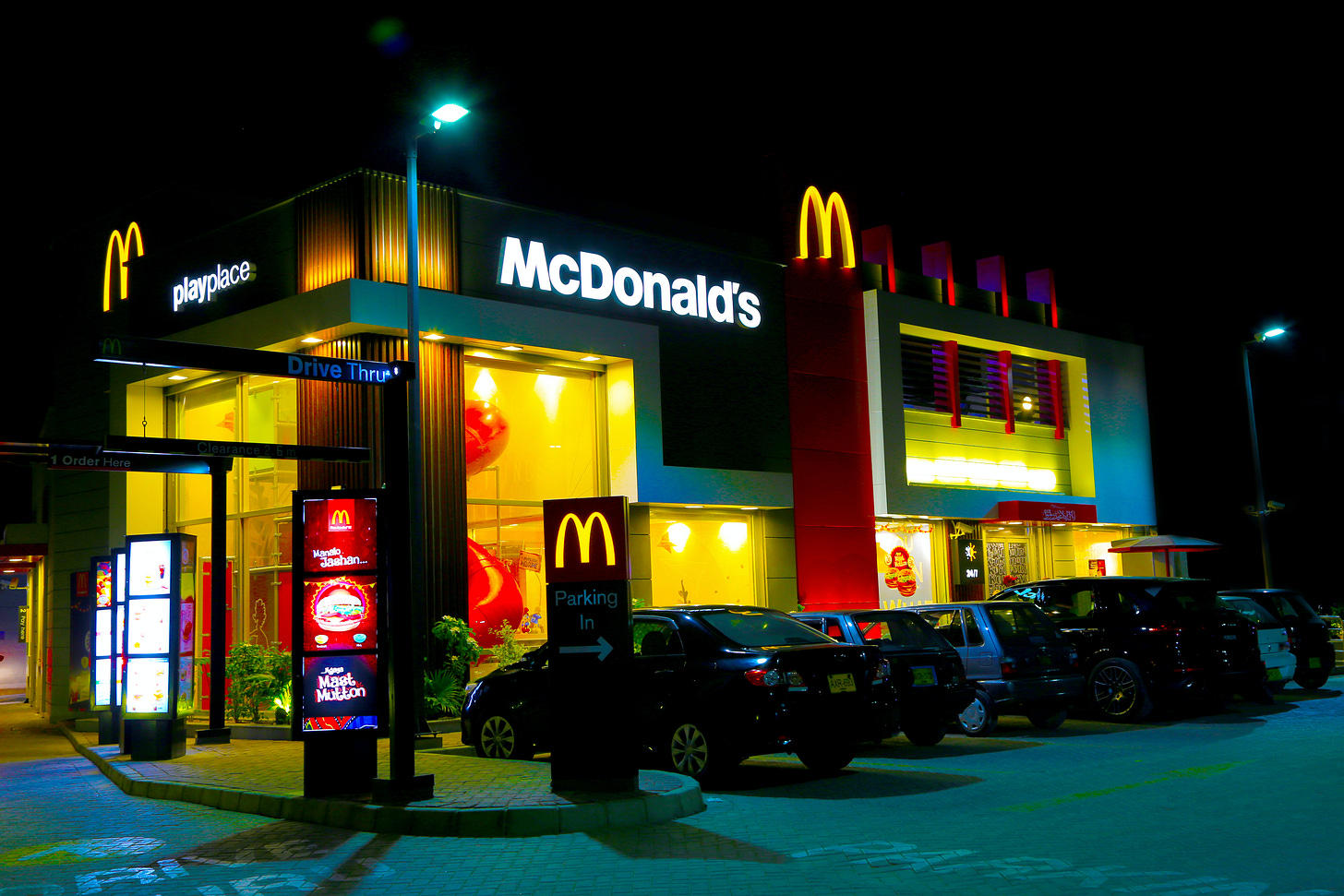The Shadows Behind the Golden Arches: McDonald's Employees Expose Culture of Silence Within Hospitality Sector
With McDonald's workers continuing to speak out about abuse and bullying, is working in the hospitality industry really safe for young people?
Global fast-food giant McDonalds was once a symbol of comfort and familiarity for millions of customers but has now become the epicentre of a scandal that is leaving the public in a state of disbelief. A BBC investigation has uncovered widespread issues of sexual harassment, racism and bullying as workers as young as 17 speak out against the chain.
Of more than 100 allegations from employees that opened up to the BBC about their experiences, 31 related to sexual assault, 78 related to sexual harassment, 18 related to racism and 6 allegations of homophobia were made.
McDonald’s is one of the biggest private sector employers in the UK with more 170,000 employees. It’s staff are also one of the country’s youngest workforces with 75% of workers being aged between 16-25. For many young people entering the world of work, the hospitality sector provides them with their first job and being employed by a well-known chain, such as McDonalds, provides them with a sense of security.
The gravity of the revelations and testimonies of victims raises the question of whether McDonalds is an anomaly, or whether the #MeToo movement has fallen short when it comes to young people working in hospitality. In 2018, an investigation by the Guardian found that 89% of hospitality workers had experienced one or more incidents of sexual harassment in their working life.
McDonalds provides its staff with a confidential survey and helpline that people can call, however the BBC investigation has criticised the corporation for replying too much on young crew members to speak up.
Too often, young people are being thrown into a sector of employment where sexual harassment is almost seen as “part of the job”. According to UN Women UK, the systems in place to reduce violence and harassment are not working as 45% of women that they surveyed didn’t believe reporting incidents to an official organisation would change anything.
Over four months, more than 100 employees at McDonalds opened up about their horrific experiences, but only a felt convinced to go on the record. The problem is shockingly widespread, it’s not a case of a just couple of restaurants being put under the spotlight. Many of our local stores are being called into question for the way that their workers are treated.
From Cheshire, to Norwich, to Wales, to Oxfordshire, to Northern Ireland, managers at a list of outlets across the UK are being accused as being responsible for harassment and assaults. Emily, who’s aged 20 and left her branch in Brighton last year after kept being made to feel uncomfortable by a colleague more than 40 years her senior told the BBC that “it’s the expectation that if you work at McDonald’s, you will be harassed.”
Ultimately, as allegations continue to unravel and McDonald’s safeguarding measures are scrutinised, the popular fast-food chain will be left with a lasting stain on its legacy. But it would be naive to believe that McDonald’s is the only corporation operating with unchecked misconduct as part of its culture. This expose undoubtedly raises broader concerns about workplace culture and employee safety within the fast-food and hospitality industry as a whole.
Get help: Victim Support operates a free and confidential 24/7 helpline and live chat service. Call 0808 16 89 111 or use the live chat at: victimsupport.org.uk/live-chat.





